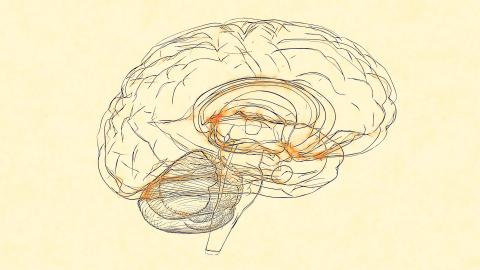What Makes the Mind and Brain Different?

What’s the Latest Development?
Given the power of neuroscience to fascinate the public, it might seem that the brain has given us a window into human nature. Indeed we often look to brain scan images to help us understand what chemicals are working on the brain, and therefore on the body, in conditions ranging from Alzheimer’s to drug addiction. But the brain and the mind are different frameworks. “The neurobiological domain is one of brains and physical causes, the mechanisms behind our thoughts and emotions. The psychological domain, the realm of the mind, is one of people—their desires, intentions, ideals, and anxieties.”
What’s the Big Idea?
The principle difference in these frameworks is freewill. Students of the mind, beginning with William James and Sigmund Freud, have recognized we have less freewill than we think we do. However, the ability to choose one’s own behavior, even to a limited extent, is deeply ingrained in our culture, yielding principles like freedom and responsibility which underpin our system of laws and justice. Biologist Robert Sapolsky has argued that “our growing knowledge about the brain makes the notions of volition, culpability, and, ultimately, the very premise of the criminal justice system, deeply suspect.” But should we throw the baby out with the bathwater?
Photo credit: Shutterstock.com





